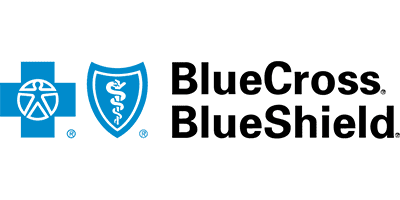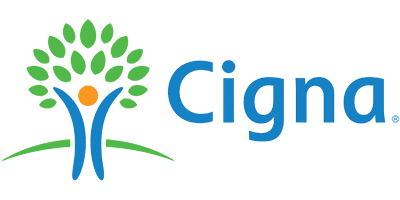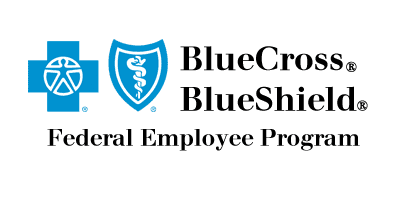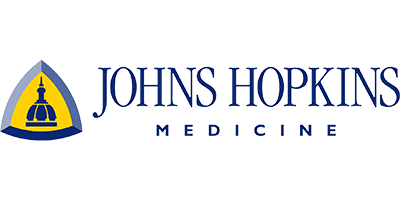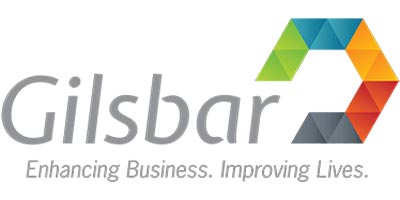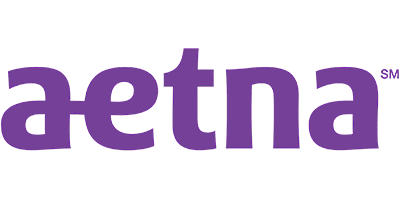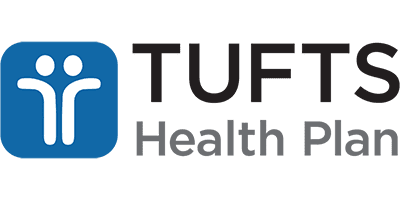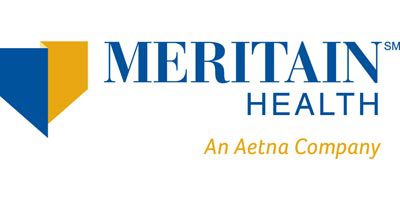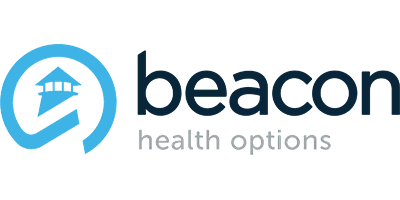Inpatient vs Outpatient Addiction Treatment
Drug and alcohol addiction is a complex and challenging issue affecting millions of lives across the globe. Fortunately, there are various treatment options available to help individuals overcome these challenges and embark on the journey to recovery. Among these options, outpatient and inpatient (residential) drug rehab treatments stand out as effective approaches. OutpatientLA, a dedicated drug and alcohol rehab center in Los Angeles, understands the significance of choosing the right treatment method tailored to individual needs.
Speak to our admissions team today to learn more about how our California outpatient drug and alcohol rehab can help you or a loved one overcome substance use disorder.
Outpatient Drug Rehab Treatment
Outpatient drug rehab treatment provides individuals with the flexibility to attend therapy sessions and counseling while continuing their daily routines. This type of treatment is suitable for those with mild to moderate addiction issues, strong social support, and a stable living environment. Outpatient programs offer several advantages, including:
- Flexibility and Convenience: Outpatient programs allow individuals to maintain their work, school, and family commitments. This flexibility can be crucial for those who cannot afford to put their lives on hold for residential treatment.
- Lower Cost: Outpatient treatment is generally more affordable than inpatient programs since it does not include accommodation and 24/7 care services. This makes it accessible to a broader range of people seeking help.
- Community Support: Outpatient programs enable patients to receive support from their communities and families, fostering a sense of belonging and encouragement crucial for the recovery process.
- Transition to Normal Life: Outpatient treatment helps individuals gradually transition back into their normal lives, equipping them with essential coping skills and strategies for dealing with triggers and cravings in real-world situations.
Inpatient/Residential Drug Rehab Treatment
Inpatient or residential drug rehab treatment involves living at a treatment facility for a specified duration, typically ranging from 28 days to several months. This intensive, immersive approach is beneficial for individuals with severe addiction problems, co-occurring mental health disorders, or those who have relapsed after previous outpatient treatment. The advantages of inpatient treatment include:
- 24/7 Support and Supervision: Inpatient programs offer round-the-clock medical and emotional support, ensuring that individuals have access to professional help whenever they need it. This constant supervision is especially crucial during the early stages of recovery.
- Structured Environment: Residential programs provide a highly structured environment where individuals engage in therapy, counseling, and various activities designed to promote recovery. The controlled setting minimizes exposure to triggers and temptations, facilitating focused healing.
- Focus on Recovery: Inpatient treatment allows individuals to concentrate solely on their recovery without distractions from the outside world. This intense focus often leads to better outcomes for those struggling with severe addiction.
- Peer Support: Living in a community of individuals facing similar challenges creates a sense of camaraderie and mutual understanding. Peer support can be incredibly powerful in motivating individuals to stay committed to their recovery journey.
Request a 100% Confidential Callback
Still have questions? Request a callback or give us a call today.
- No Obligation When You Call
- All Contact Is Completely Confidential
- Expert and Caring Staff Ready For You
- 5-Star Rated Programming
Choosing the Right Treatment Approach
The decision to opt for outpatient or inpatient drug rehab treatment depends on various factors, including the severity of the addiction, the presence of co-occurring disorders, the level of support at home, and individual preferences.
Outpatient treatment may be the best choice when:
- The addiction is relatively mild to moderate.
- The individual has a strong support system at home.
- The person needs to maintain work, school, or family commitments.
Inpatient treatment may be the best choice when:
- The addiction is severe, and detoxification and intensive therapy are required.
- The person has a history of relapse after outpatient treatment.
- There are co-occurring mental health issues that need simultaneous treatment.
- The individual’s home environment is unstable or unsupportive.
Aftercare and Ongoing Support
In the pursuit of recovery, it’s essential to recognize that the journey doesn’t end with the completion of a rehab program. Both outpatient and inpatient treatments serve as foundational steps, equipping individuals with the tools and coping mechanisms needed to maintain sobriety in the long run.
Regardless of whether someone completes an outpatient or inpatient program, aftercare and ongoing support are paramount. OutpatientLA, like many reputable rehab centers, emphasizes the significance of aftercare programs. These programs often include:
- Continued Therapy and Counseling: Regular therapy sessions, either individual or group, provide a safe space for individuals to discuss challenges and successes in their ongoing recovery journey.
- Support Groups: Participation in support groups, such as Alcoholics Anonymous (AA) or Narcotics Anonymous (NA), offers a sense of community and understanding. These groups provide a platform for individuals to share their experiences and learn from others who have faced similar struggles.
- Family Therapy: Involving family members in the recovery process can mend relationships strained by addiction. Family therapy sessions help in rebuilding trust, improving communication, and fostering a supportive environment at home.
- Healthy Lifestyle Choices: Encouraging regular exercise, balanced nutrition, and adequate sleep can significantly contribute to overall well-being. Healthy habits strengthen the body and mind, making it easier to resist the temptation of substance use.
- Mindfulness and Stress-Reduction Techniques: Teaching mindfulness meditation and stress-reduction techniques can empower individuals to manage triggers and cravings effectively. These practices enhance emotional regulation and resilience, essential elements of maintaining sobriety.
OutpatientLA Can Help With Comprehensive Outpatient Addiction Treatment
Outpatient and inpatient drug rehab treatments are both valuable tools in the fight against addiction, each offering unique benefits tailored to individual needs. Outpatient programs provide flexibility, community support, and a gradual reintegration into daily life, making them suitable for those with milder addiction issues. In contrast, inpatient programs offer intensive, round-the-clock support, a structured environment, and peer camaraderie, making them ideal for individuals facing severe addiction challenges.
At OutpatientLA, the choice between outpatient and inpatient treatment is carefully evaluated, ensuring that each individual receives the most appropriate and effective care for their specific situation. Regardless of the chosen path, seeking help and embarking on the journey to recovery is the first crucial step toward a healthier, addiction-free life.
Contact OutpatientLA today to learn more about our outpatient drug rehab in Los Angeles and how we can help you find the best treatment for your needs.
We Accept Most Insurance Providers
Our programs are compatible with most private insurance providers, and we also offer competitive self-pay rates. Our professional admissions staff will work hard to maximize your insurance benefits so you can focus on your recovery – not your insurance. Verify your benefits now to get started!


